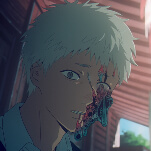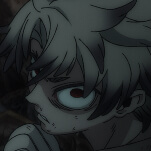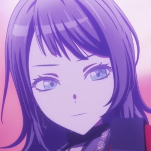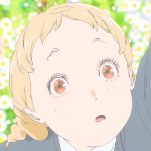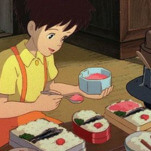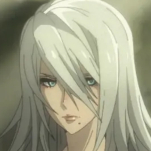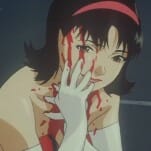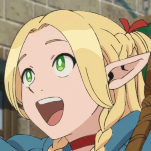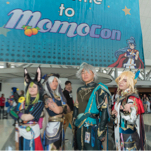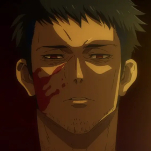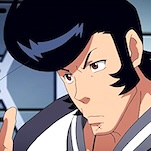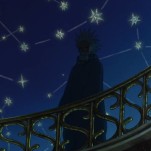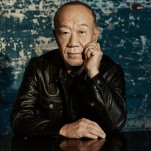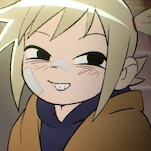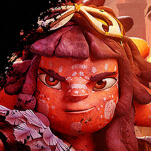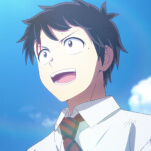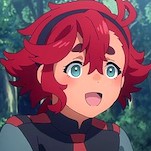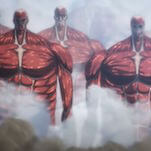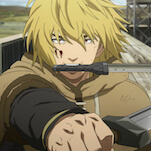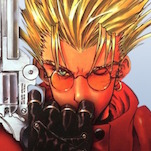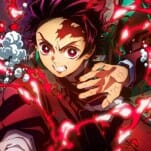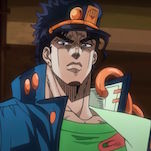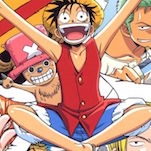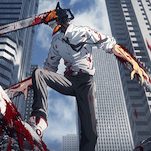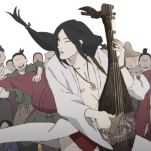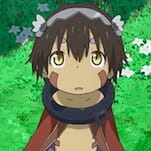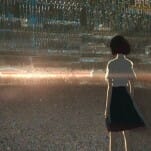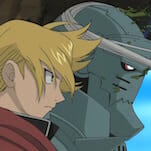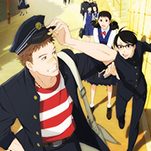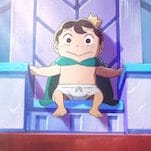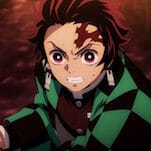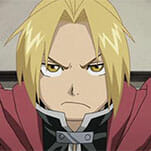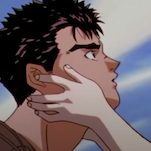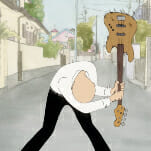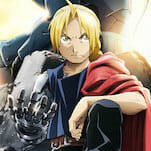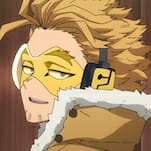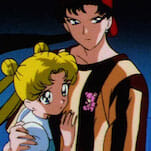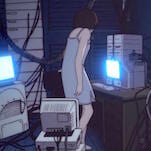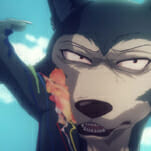The Summer Hikaru Died Episodes 1 & 2 Review: A Masterclass In Small Town Horror
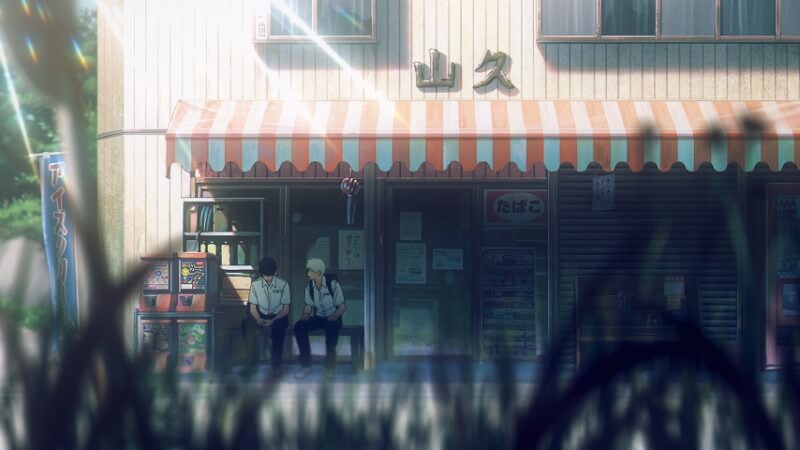
For a long time now, horror anime have been cursed. For every rare Shiki that wrings tension out of its setting, there are countless more that utterly collapse under the difficulties of maintaining scares through animation, something that takes both skilled direction and a substantial amount of resources to pull off. For those reasons and more, there’s enough failed Junji Ito adaptations alone to fill a graveyard.
In that context, it’s even more impressive what CygamesPictures has done with The Summer Hikaru Died through its first two episodes, capturing the discomfort of coming-of-age as a queer person in a small town with its gossiping neighbors, overbearing sun, body horror nightmare creature, and all.
The story begins with a cold open as Yoshiki and the rest of a rescue party look for Hikaru, Yoshiki’s best friend, who has gone missing in the mountains. As Yoshiki sprints through the darkness, he breaks through foliage with an intensity that suggests the closeness of his bond with the missing person. Then the camera cuts to Hikaru, bleeding and alone, as he calls for someone, anyone. Then an undulating, amoeba-like being encapsulates the screen, engulfing him.
Cut to July 2021, six months later, and Yoshiki and Hikaru are at the local convenience store, looking for something to cool down from the summer heat. And then, as they sit on the park bench outside, Yoshiki starts to ask Hikaru about that day six months ago. Sweat pours down their faces. The camera cuts to ants swarming around what’s left of a sugary drink. Hikaru’s answers are unconvincing. A shadow comes over everything and then Hikaru finally asks something he’s been thinking about for six months: “You’re not Hikaru, are you?”
The thing that looks like Hikaru doesn’t deny it and admits that the real Hikaru is dead. While it has his memories, it’s not him. It’s inky red and green form emerges from his face, and Hikaru’s body begs Yoshiki to keep this secret because of how much fun it has had living as a human. It hugs Yoshiki and tells him, seemingly quite genuinely, that it wants him to keep this secret. So it doesn’t have to kill him, that is.
This is the rapid-fire first five minutes of The Summer Hikaru Died, and while that seems far too early to have this kind of dramatic reveal land with any semblance of emotional impact, it does thanks to excellent execution and efficient dialogue that puts us inside Yoshiki’s headspace.
As for the visuals, CygamesPictures once again doesn’t disappoint. Coming off an anime adaptation of their parent company’s lucrative horse girl gacha game and last season’s moody, comedic, and weird Apocalypse Hotel, the studio has rapidly become one to look out for. Here, director Ryouhei Takeshita (Jellyfish Can’t Swim in the Night), who also handled storyboarding, series composition, and the script, captures a sweltering atmosphere as he cuts from sweating bodies to scenery that reminds us these characters are trapped in this isolated mountain village, shrines and creaky buildings indicating this place is very old, from a different time.
-

-

-

-

-

-

-

-

-

-

-

-

-

-

-

-

-

-

-

-

-

-

-

-

-

-

-

-

-

-

-

-

-

-

-

-

-

-

-

-

